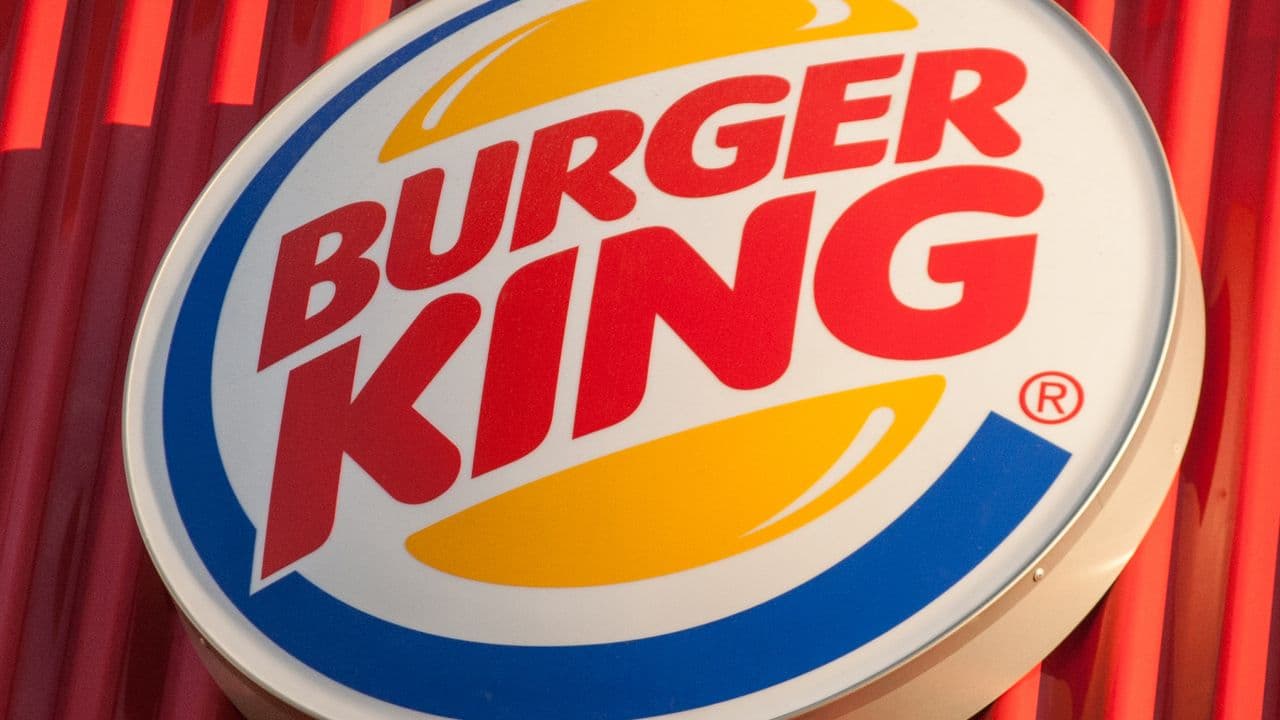The franchising world awoke Monday to news that Burger King Worldwide Inc. and Tim Hortons Inc. were in talks to merge and create the third-largest quick-service brand in the world. Speculation over the possible deal sparked everything from a run in the companies’ stock prices to another debate over.....
The franchising world awoke Monday to news that
Burger King Worldwide Inc. and
Tim Hortons Inc. were in talks to merge and create the third-largest quick-service brand in the world. Speculation over the possible deal sparked everything from a run in the companies’ stock prices to another debate over the fairness of companies reincorporating in a foreign country in so-called “tax inversions.”
Burger King and Tim Hortons would not comment on the negotiations other than in a joint statement that said the two companies would strive to preserve the relationships between their brands and their franchisees and “deepen the connections each brand has with its guests, franchisees, employees and communities.”
“A key driver of these discussions is the potential to leverage Burger King’s worldwide footprint and experience in global development to accelerate Tim Hortons’ growth in international markets,” the statement read.
A proposed Burger King-Tim Hortons deal is still subject to negotiations — and perhaps to regulators if the Treasury Department quickly enacts any rules to discourage or slow down U.S. companies from moving their headquarters outside the United States when they acquire foreign companies. The two companies said a combined brand would reside in Canada, where Tim Hortons is based. No indications were given whether Burger King chief executive Daniel Schwartz or Tim Hortons CEO Marc Caira would lead the combined company.
While much about the proposal is undisclosed, 1851 Magazine has compiled a “by the numbers” guide to the figures involved in a possible deal between Burger King and Tim Hortons.
$22 billion: The two companies could produce approximately $22 billion in worldwide annual sales if they combine. A joint Burger King-Tim Hortons company would also operate or franchise more than 18,000 restaurants in more than 100 countries. Much of the worldwide footprint would come courtesy of Burger King, as Tim Hortons most recently had 3,610 locations in Canada, 870 in the United States and 44 in the Gulf Cooperation Council countries of the Middle East.
99 percent: The percentage of Burger King’s 13,808 worldwide locations that are franchised. The Miami-based burger chain has 7,371 restaurants in the United States and Canada.
35 percent: The corporate-tax rate in the United States, which Burger King could avoid through a “tax inversion” deal by acquiring Oakville, Ontario-based Tim Hortons and moving the joint company’s headquarters to Canada. Canada’s corporate-tax rate is 15 percent, and even when combined with Ontario’s 11.5-percent corporate tax rate, it still represents a significant savings for Burger King. The chain paid $88.5 million in income tax in fiscal 2013.
$178 million: The amount of money Pershing Square Capital Partners LP made today on its 10.9-percent stake in Burger King, according to an
analysis by Bloomberg reporter Kelly Bit. The hedge fund disclosed its holdings in Burger King in September 2012, and since then the chain’s share price has more than doubled.
24 percent and 23 percent: The approximate increases in stock price for Burger King and Tim Hortons, respectively, as of 1:30 EST in Monday trading. The market also looked favorably upon Burger King’s largest franchisee, Carrols Restaurant Group, which showed a 7.5-percent increase in its share price by the early afternoon.













